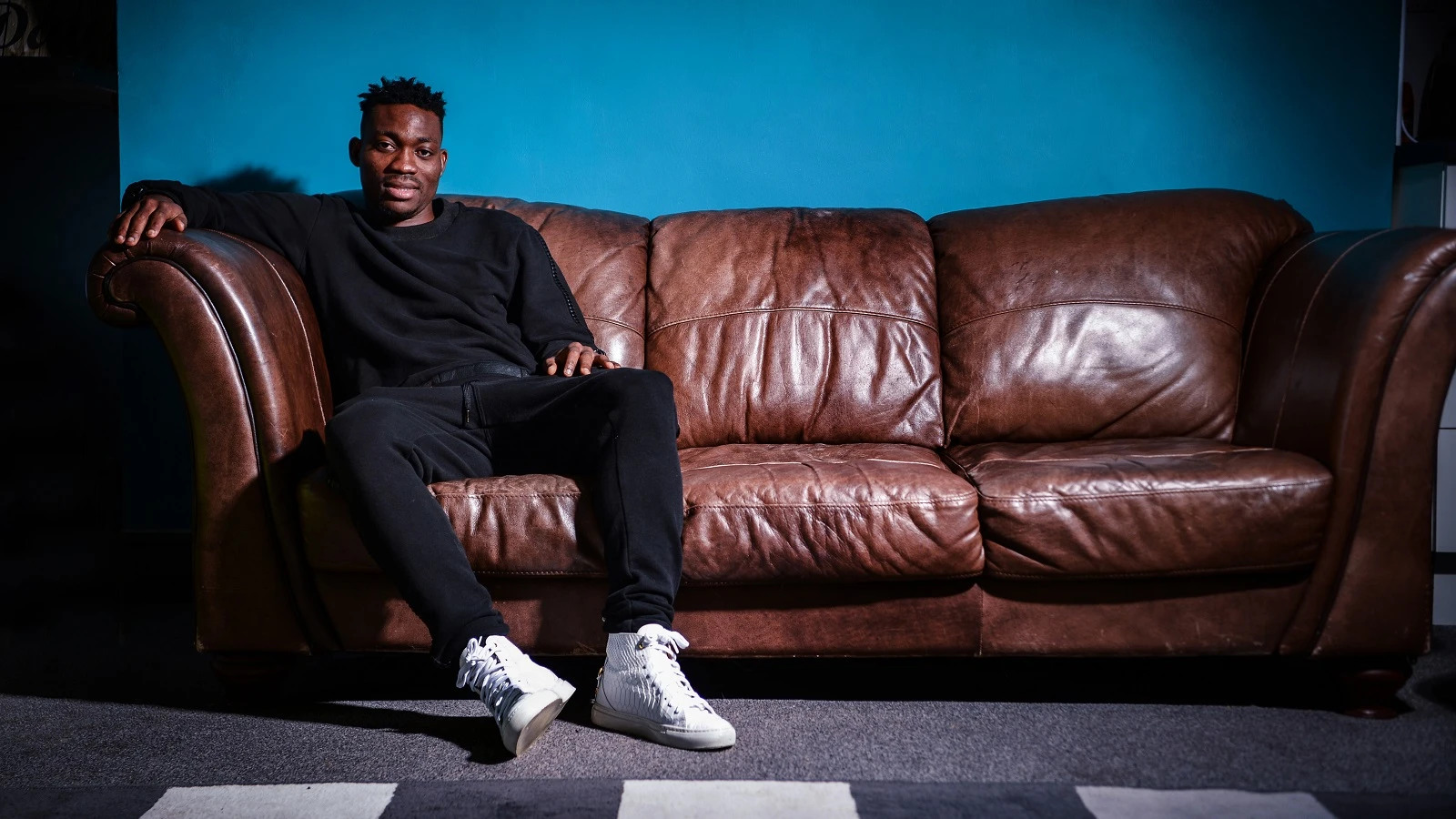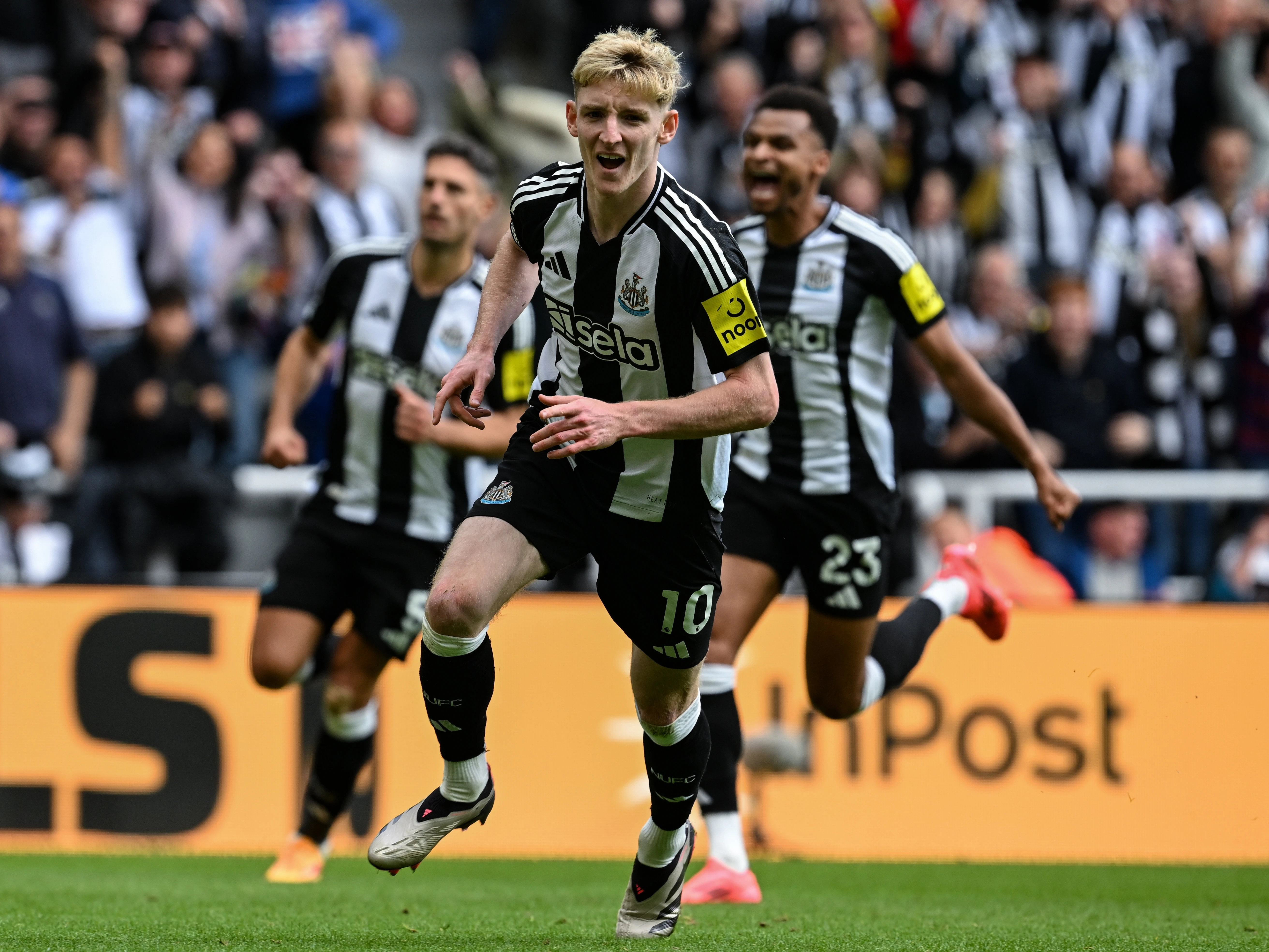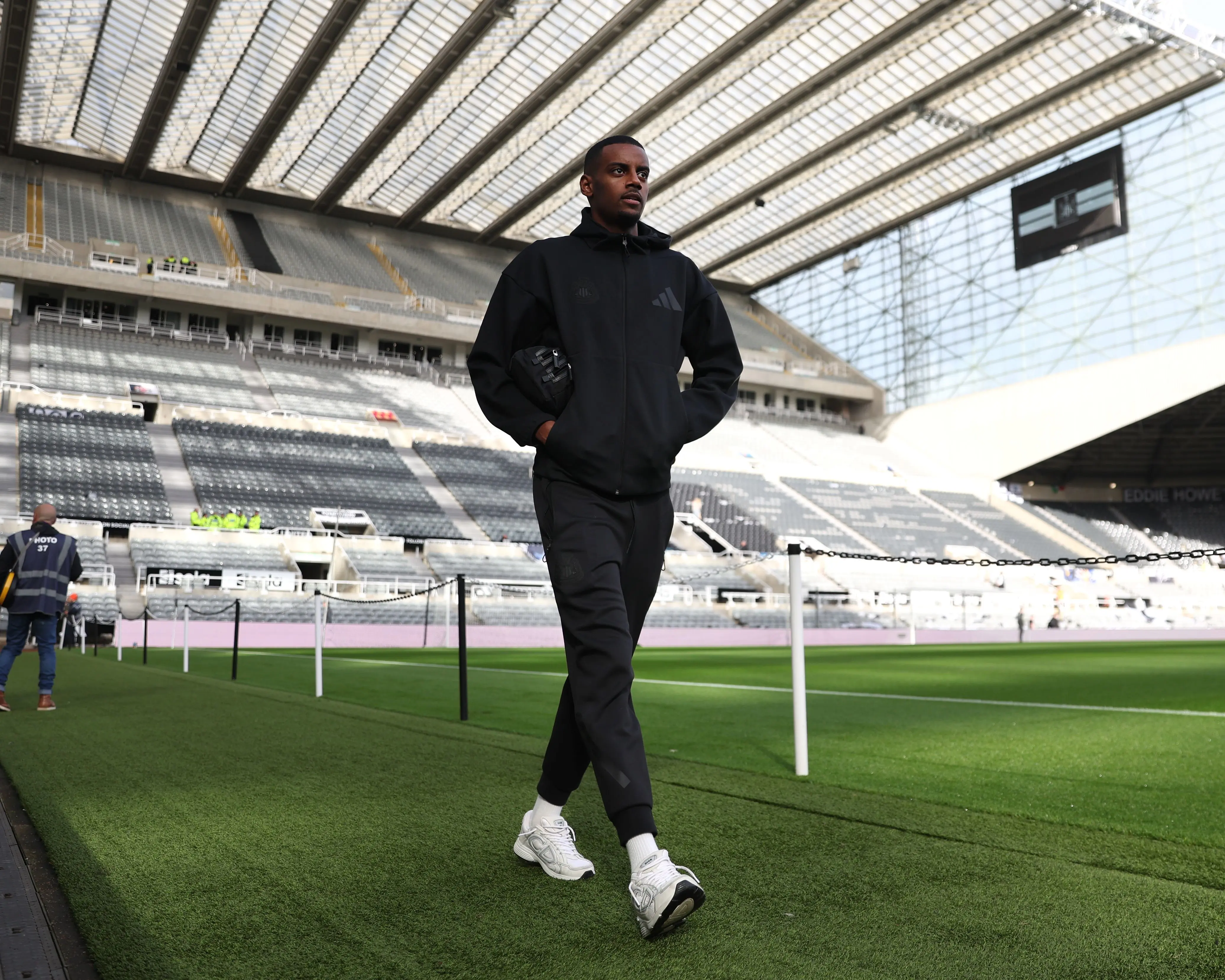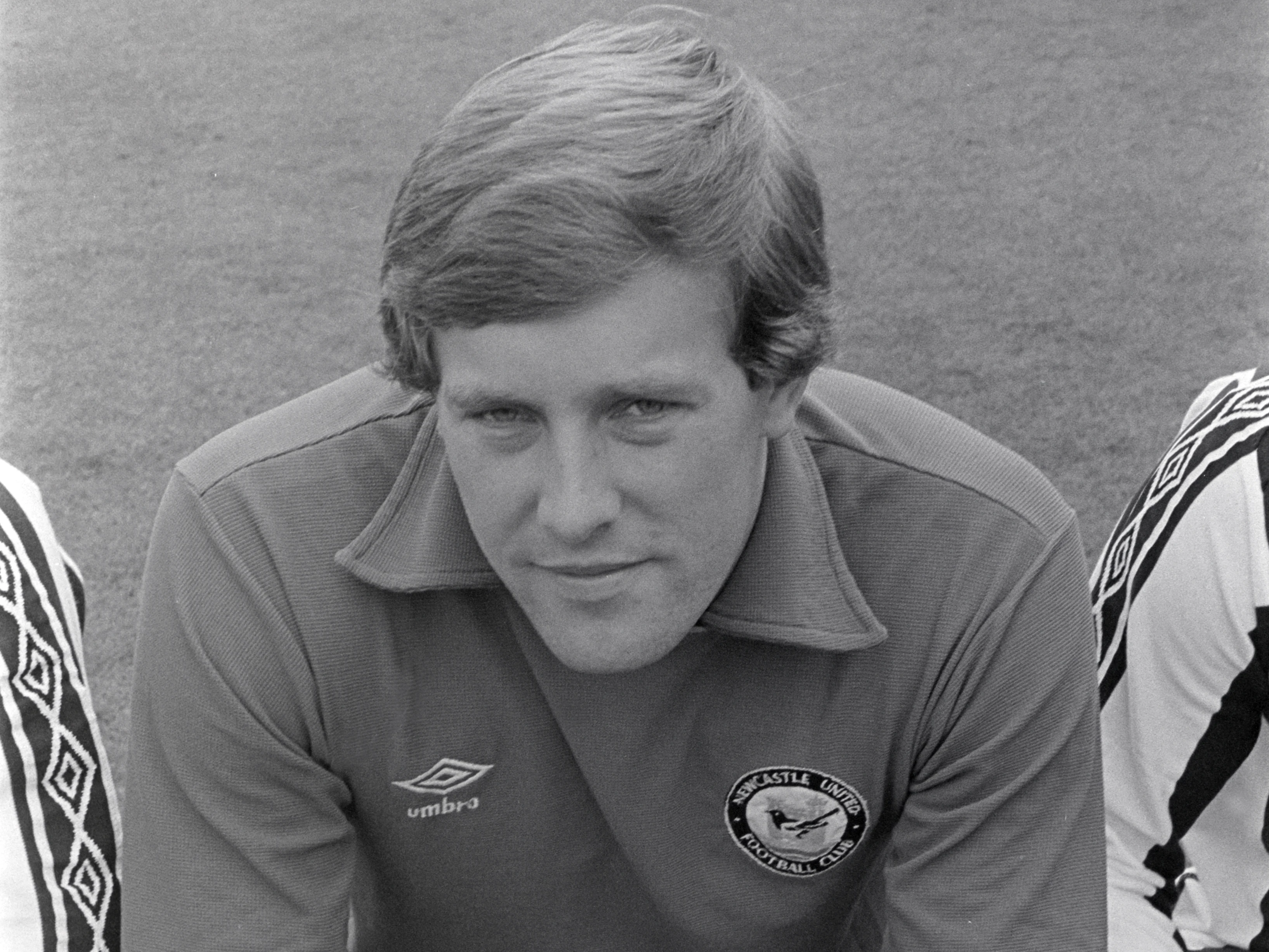The shutter clicks once more and the photoshoot is over. Christian Atsu is not the type to seek the limelight and the flash of the camera seems at odds with his unassuming nature; you suspect he is a little relieved there are no more pictures to take. He offers a handshake and a smile as he takes a seat on the balcony at Hillsong church and revisits the moment he knew he’d been prematurely thrust into adulthood.
“One day, I went to church. If I went to church one Sunday, then the next Sunday maybe I would not go. At this time I was not even 16 years old. Then the pastor told my mum something. I was very young, but what he said was very painful to me,” says Atsu, now 26, his quiet voice cracking a little. “He said, ‘if you are this age and you don’t know what is good or bad, then maybe you will not grow again’.
“I took this as a bad comment, but for me, I think it was a good thing. I realised that ‘He has seen me as a grown man. I can make a decision’. It’s what you are doing, what you believe in, how you think. I felt that what you can go through can help you become a man quickly.”
Atsu, born in Ada Foah on Ghana’s south east coast, was moulded by his surroundings. One of ten children, his father Immanuel died when he was 12 and eventually his family couldn’t afford to send him to school. His time at Feyenoord’s West African academy meant he spent a lot of time away from those he would like to have held closest. “At this stage, I was doing a lot of things by myself,” he says. “I could make my own decisions.” The teenager was already a man.
Gradually, that harsh but familiar landscape changed. It was “a lot of fun” to start with, but his brothers and sisters began to depart the family home to move away or marry, until it was just Atsu, his mother Afiko and two other siblings. “I couldn’t even speak with (the others) for maybe two or three years, because everyone needed to focus on their own lives. This is the life in Africa – everyone needs to focus on their own lives.”
It seems a sorry tale but Atsu, modest and humble, insists he is at ease discussing the impact these events had on him and his beliefs. He glances upwards and takes a deep breath. “When my father died I was at the academy. My brother told me after his death that we, his children, should worship God and nothing more on this earth. My last words from my father were so strong. His words were so strong to me: that I needed to do more for humanity – worshipping God and doing more for humanity.
“As far as I’m concerned, God brings people into our life to help us move forward. This is what has been happening to me. I’ve been praying to God to bring people into my life to help me move forward, and it has been happening to me. Even in my worst times, I got to know good people who try to help me move forward.”
He has found some of those people at Hillsong’s Newcastle campus. When Atsu joined Newcastle on loan from Chelsea in 2016, he needed somewhere new to go to worship. Sammy Ameobi brought him here, to Westgate Hall, a 115-year-old building which houses a theatre-like auditorium, with a stage at the front and an upper tier decked with seats. It’s being renovated as Atsu speaks; the ornate ceiling is getting a lick of paint from workers on scaffolding. One recognises him and asks for an autograph for his son.
But this is a place where he doesn’t have to be the footballer. He can be himself, just another Christian, a friend. He’ll talk, sing, listen to the pastor. It reminds him of the churches he’d go to in Africa. “The first time I came I loved it so much,” says Atsu, one of around 1,000 who pass through Hillsong’s doors over the course of four Sunday services. He has brought DeAndre Yedlin and Rolando Aarons too. “I felt like I was home.”
The faith which underscores Atsu’s life is inextricable from his personality and is something he both inherited and embraced. “I reached a level where my parents don’t have to tell me I have to go to church, or do this or do that. I realised that I have to make the choice. Parents don’t force their children to go to church. They make sure they bring you up in the way of the Lord, and then you make the decision yourself. That’s what I did.”
He reached that stage at 15, by which point he had become acquainted with some of life’s harsher realities. “Sometimes I found it difficult to go to church. But from 16 years, I think I was already a grown-up guy. It’s not just about going to church, it’s a way of life. The way you treat others, the way you help others, the way you live life, you understand? The way you imitate the life that Jesus Christ was living.”
While his faith may not have wavered, it must certainly have been tested in those early years. Did he find it tough to accept some of the cards he was dealt? “Yes,” he nods. “Sometimes I would complain to God a lot. Sometimes, ‘why should I suffer like this? Why should some people have it easy?’ When I was growing, I would read the Bible, trying to understand everything. Why? Why? Why?’
“Then I realised that I was complaining too much. God’s power has to be manifested in my life for people to see how far he has brought me. The Bible says it is not by our hard work, by what we do, that makes us reach the level that we are now. For example, like me – it is not just by my hard work, though I am working hard, but it is the will of God, the grace of God, that has brought me this far.”
Atsu believes such sturdy faith and a presence of mind kept him clear of the pitfalls which can open up in the darkest of times. “It’s true. Some need help, others don’t need help. For me, I was lucky, but today I want it to be the right of every child to go to school, to have a better life and to have a better future.”
His charitable work in his homeland, through the Arms Around the Child organisation, is well known but Atsu insists his generosity is not driven by his past. “It’s not because of what I’ve been through, but this is the will of God for every man – for every man to help his friend, help those really poor in need. It is not because of what I’ve been through that is making me do it, no. You have to help your friend when he is in trouble. You have to love your neighbour as yourself.”
The more he opens up, in this building where he feels at his most comfortable, the less likely it seems that the former Porto winger can be anything other than the softly-spoken, polite man he comes across as. When asked about maintaining that persona each day, within a fiercely competitive environment, he hints at another side.
“I’ll be honest. Sometimes I get angry. When I lose – and my fiancé knows for sure – when I come home I’ll still be very angry. Always when I lose, when I’m home, I know I’m an angry man!” Atsu laughs heartily for a few moments. “But I understand it’s like this. The most important thing is I want to be angry, but not to use it to do bad things. To use it in the right way.”
The redecorating process continues around us as Atsu describes his current relationship with his family. His twin sister Christiana, a nurse, visited at Christmas and may return to Newcastle to do a master’s degree. The siblings are still separated by distance but whenever they’re all back in Ghana, he “calls everyone to come to Accra, and sometimes we speak about the difficulties we had in the past. We share jokes together – ‘you were doing this, you were doing that, you were complaining’,” Atsu laughs again. “I’m happy, because it shows that this is not the will of God for us to suffer. But when you come out of it, you see the power of God. We are very happy. We are all proud of ourselves.”
He has a young family of his own now, and is often bemused when he is asked whether they like it in Newcastle. Why wouldn’t they? They are all together. Atsu has two children with names deriving from his beliefs – Joshua, four, and Godwin, one – though they, like their father, will have to make their own decisions when the time comes. He has been with their mother, Marie-Claire, for five years. “It is my dream to stay with her forever,” he smiles, and it is hard not to be warmed.
It is reasonable to assume that Atsu the footballer, a talented but nomadic player prior to his Tyneside move, benefits from a similar degree of love in his professional life. He refutes any suggestion he has anything to prove after underwhelming spells at Chelsea, Everton and Bournemouth, and says he feels motivated by his own self-belief and the support he receives in Newcastle. “I’d say I’m trying, I’m trying. It’s not easy. I know for sure I will be better. I’m trying to work hard for the team and forget proving myself – there’s no need in proving myself in the English league.
“Honestly, I’ve enjoyed my football here, with the coaches, friendships with my colleagues. I’ve enjoyed it so much. The fans have given me great encouragement. I’m happy. With them there, we know we are fighting for something.
“I’m always confident. Sometimes I’m down, but mostly I’m confident in my life now. For me, I know there is more from me to give to these fans. I’m working hard for everything I have been given in football. I will bring everything out here in Newcastle.”
The interview comes to a close and we begin to head back out onto Corporation Street, from where the Milburn Stand is unmissable, cutting into the horizon. Atsu will be back soon, he says, to add a few backing vocals, though he isn’t the most confident singer. “But I have to sing, I have to sing! I cannot be shy in the house of God. Maybe I can be shy outside, but not inside.” Inside, he just wants to be himself, and he can be.
“I’m here to worship God. I want to live a free life, I want to live the way I want, you understand? In the house of God, I’m normal. Even outside, I want to be normal, to be able to do what I want, not to live like a celebrity life. That’s something you can add to it, but I don’t want to add that to it. I want to live a normal life. When I’m like that, I think I’m free.”




